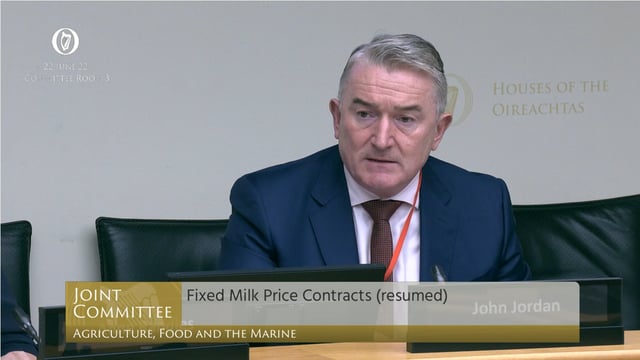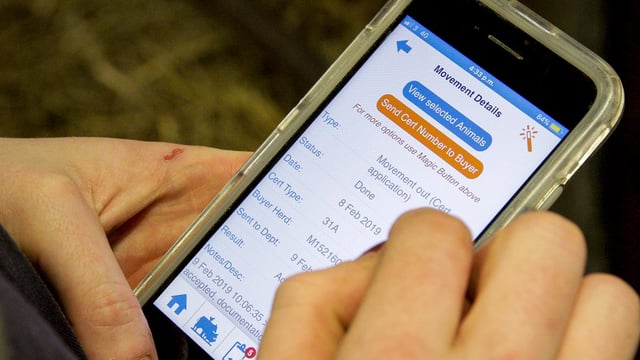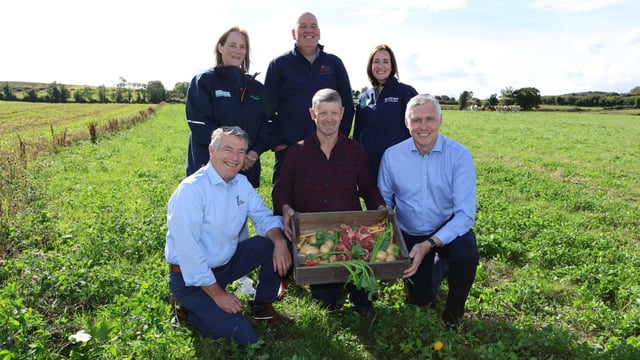Kilkenny cheese plant to be 'one of the most sustainable in Europe'
The new continental cheese plant in Belview, Co. Kilkenny "will be one of the most sustainable in Europe", according to representatives from Glanbia Co-op and dairy producer Royal A-ware.
Kilkenny Cheese Ltd. is a joint venture between the companies, who both said the new facility will take a strong focus on sustainability, at the sod turning ceremony today (Wednesday, June 22).
The plant is set to use approximately 450 million litres of milk from Glanbia suppliers to produce more than 50,000t of continental cheese each year. However, there have been concerns around whether or not this milk supply will remain intact given the agricultural sector's ambitious climate and emissions targets.
Tánaiste and Minister for Enterprise, Trade and Employment Leo Varadkar, and the Minister for Agriculture, Food and the Marine Charlie McConalogue turned the sod this afternoon to note the beginning of construction on the plant.
Addressing the challenges around emissions targets and food production at the event, Minister McConalogue said:
The minister said that meeting emissions targets within the agricultural industry and by extension, in the dairy sector, is a priority but added that "the reality is people have to eat".
The Tánaiste also welcomed the project's commitments to minimise its environmental impact and recognised measures being taken, which include a plan to recover 60% of water required to produce cheese from incoming milk, and the use of low pressure hot water boilers in place of a traditional steam version. He said:
"We need to reduce our emissions but also do it in such a way that we protect food production and protect the incomes of farm families.
The €200 million plant is also set to support 4,500 family farms, deliver 80 long-term, permanent jobs and give rise to more than 400 jobs during its construction phase.
Speaking at the event, Glanbia CEO Jim Bergin outlined the support the facility will bring to the local, rural community as well as the wider, Irish economy. He said that with an average milk price, the facility will pay about €160 million to farm families in the south east each year.
The plant is currently scheduled to commence production in March 2024.





